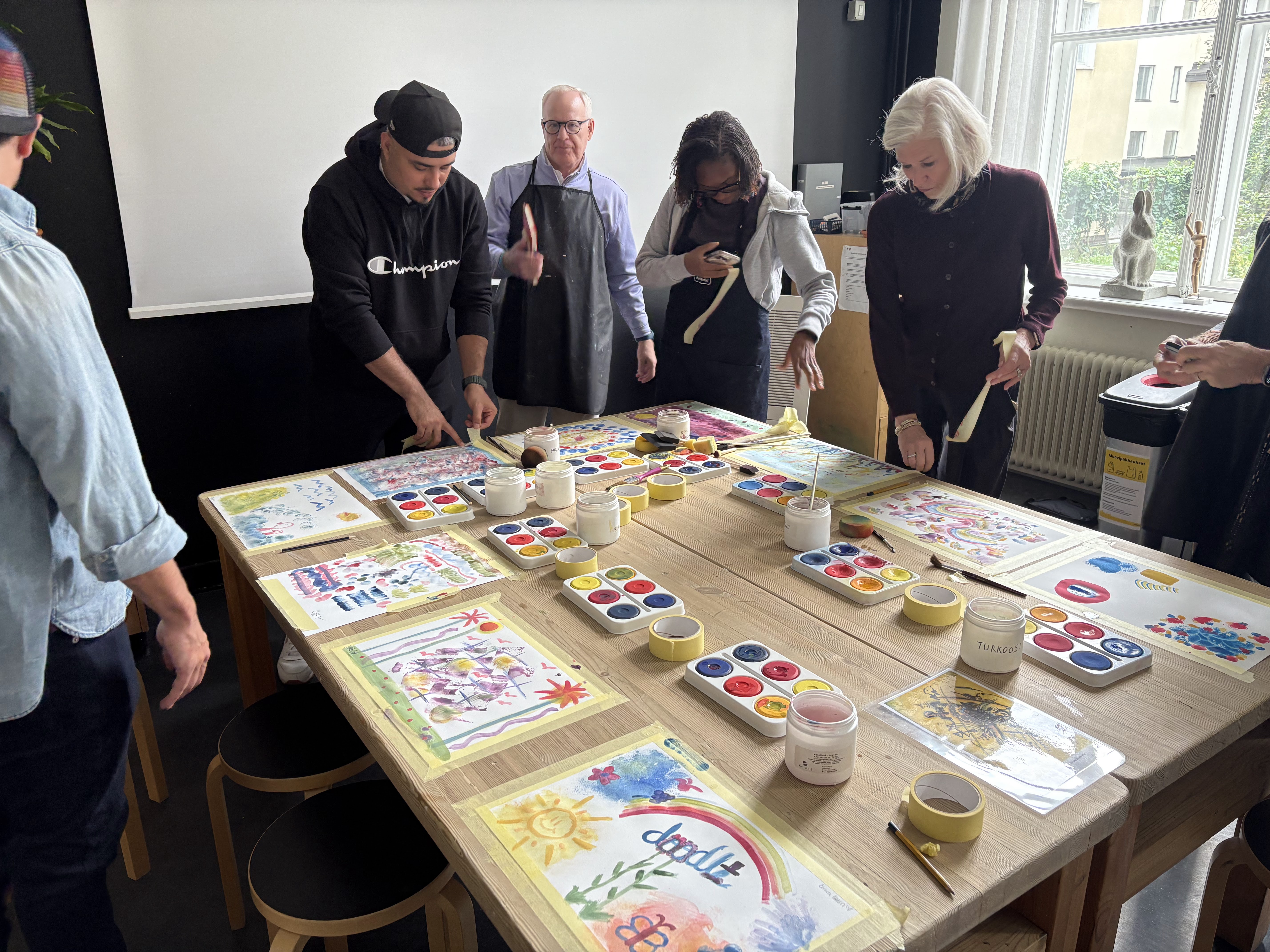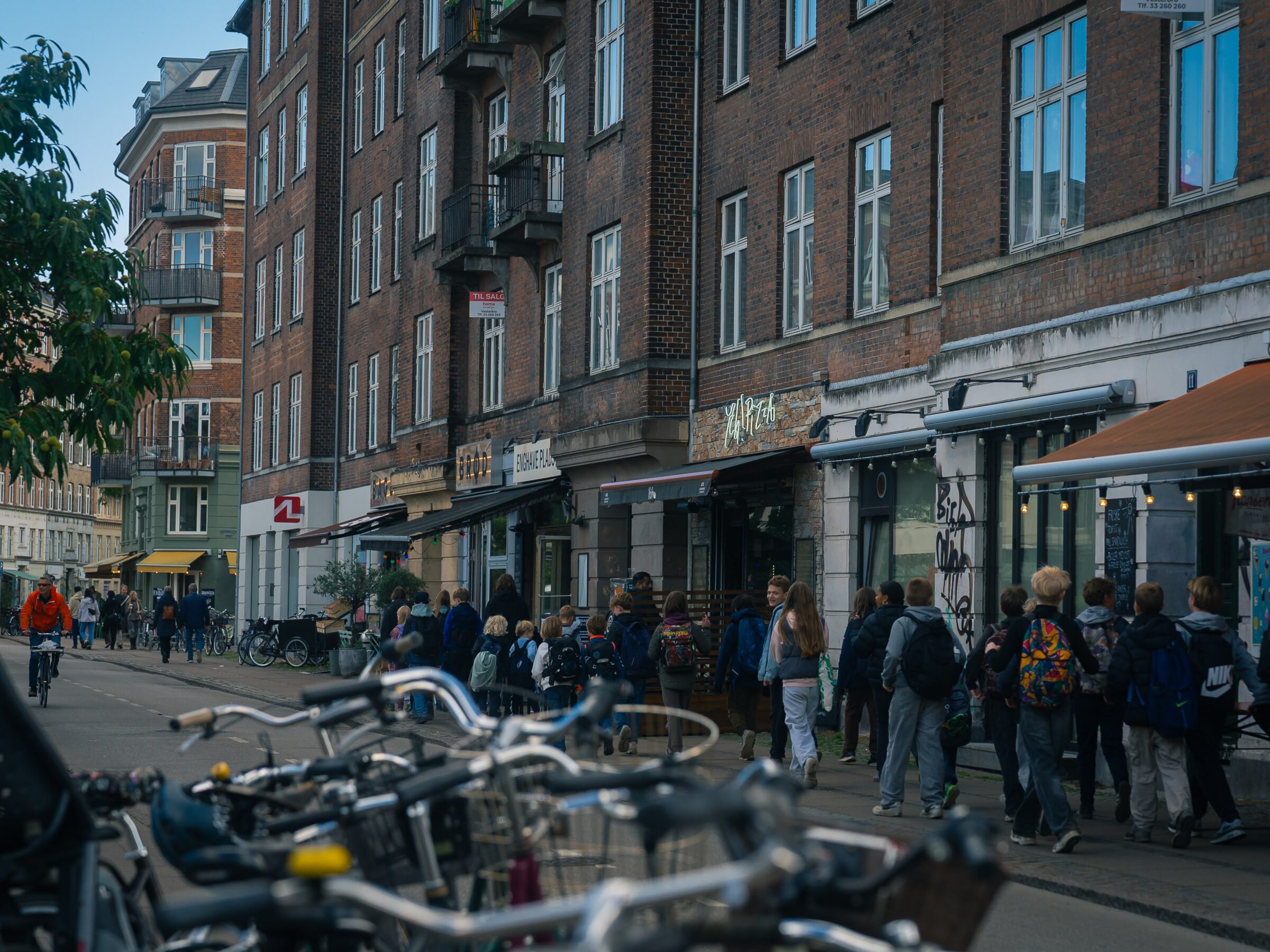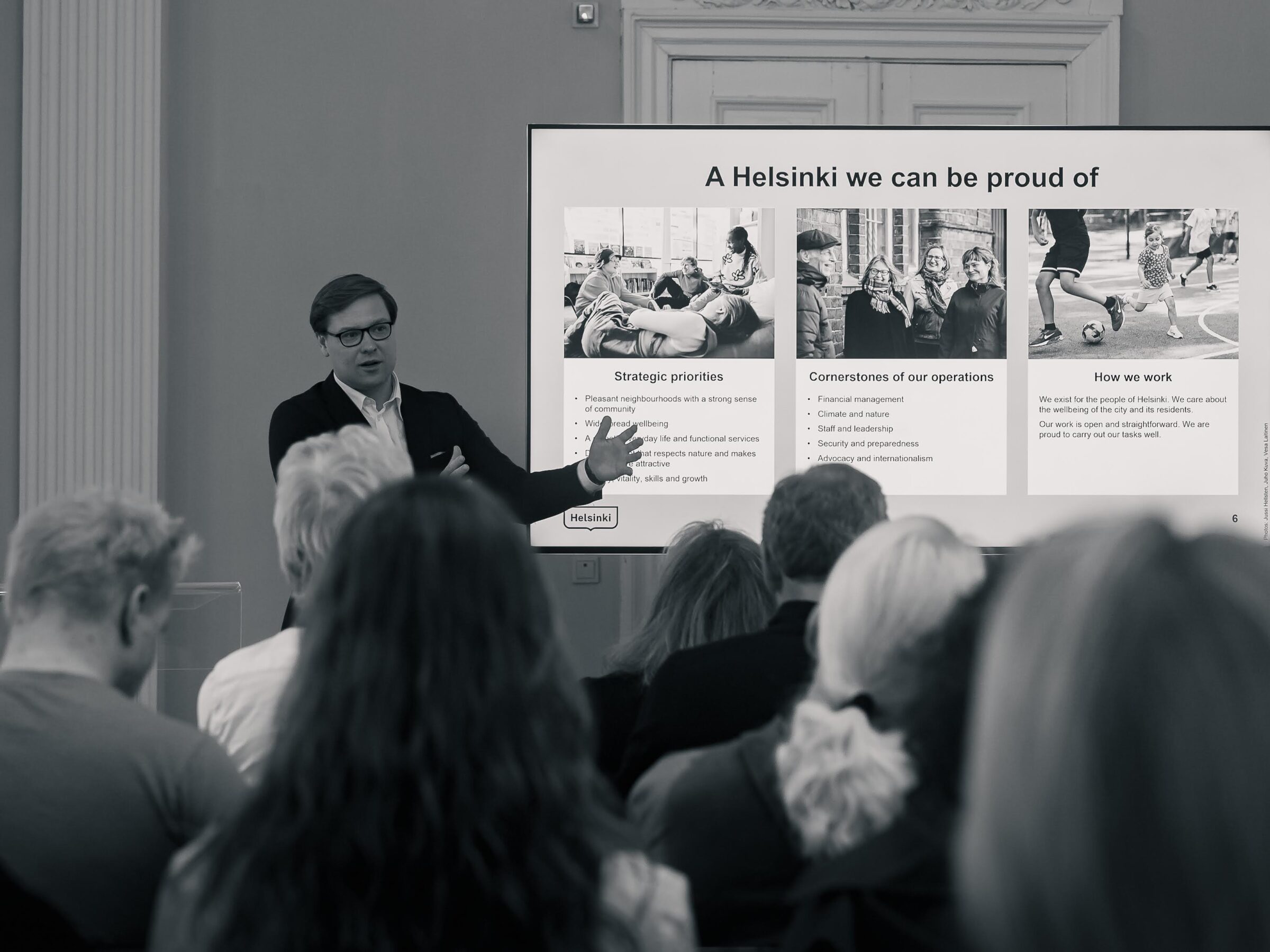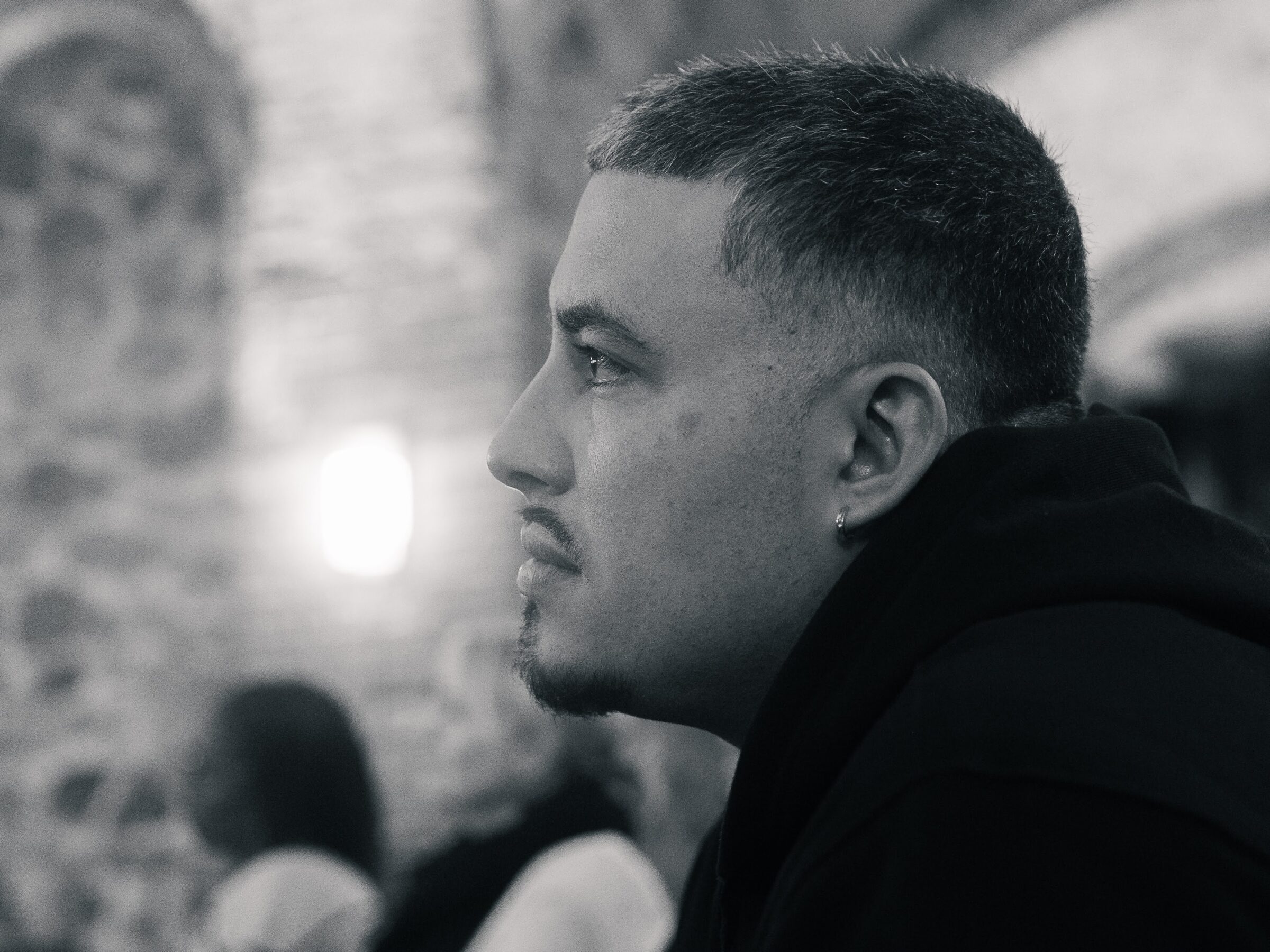I recently traveled with The Gambrell Foundation to Helsinki, Finland, and Copenhagen, Denmark — two cities often ranked the “happiest in the world.” That headline may be familiar, but leaders we met were quick to challenge it. Happiness, they reminded us, is not a static score. What matters is not the ranking, but the conditions that allow societies to cultivate care, joy, awe, and purpose.
From members of Finland’s parliament to Copenhagen’s folk schools, from historians to municipal defense officials, from scholars of awe to designers shaping human-centered cities — we met people committed to building those conditions.
What we saw was striking. Libraries reimagined as community anchors. The arts treated as a human right, not a luxury. Streets filled with thousands of unlocked bicycles. Political opponents disagreeing vigorously while still defending each other’s patriotism. A “hygiene of dialogue” — respect, lifelong learning, and the ability to hold tension without collapse.

When we asked what makes this possible, one word surfaced again and again: trust. People trust their institutions. Not because of slogans, but because of effective delivery. When public media rivals Netflix and earns approval ratings over 80%, or when government services simply work, it’s clear how actions speak louder than words.
But underneath this trust lies a deeper story: these nations have lived through existential threats. Occupation. War. The possibility of erasure. Out of that history grew a conviction that their people are their greatest asset. As one leader told us: “What was lost externally must be won internally.” They designed systems to strengthen resilience. Culture, purpose, and pride are not “extras” in people’s lives. They are essentials.


That survival mindset brings both beauty and risk. Shared identity creates cohesion, but it can also narrow tolerance for difference. Cracks in common ground can erode even the best poured foundation of a nation. Immigration and polarization press hard on these societies as well. How do you expand the definition of ‘we’ and ‘us’ without fracturing the shared history and culture you feel holds you together? That question is alive in Europe just as it lives in the United States.
And it comes at a time when western democracy faces real threats. The battlefield may not be in trenches or seas, but in the hearts and minds of the people. Democracies do not run on autopilot. They depend on citizens who are engaged, connected, and willing to act on behalf of the common good. That can’t happen without multi-directional trust.
Now, of course, I am listening and reflecting this all through my lens of being the executive director of Purpose Commons. While being at risk of bias, I must say I couldn’t help but to think, “purpose strengthens all of this.”

Research shows that people with purpose are more civically active, more trusting of others, and more resilient in the face of challenge. If we want to restore trust, repair civic life, and prepare the next generation of leaders, we cannot leave purpose to chance. We must treat purpose as a public priority — something our schools, communities, and systems are designed to cultivate.
Denmark and Finland also reminded me: a culture of care is not idealistic. It is practical. It is survival. The question for us is not whether we can copy their systems. The question is whether we are willing to design conditions where awe, joy, and purpose are not luxuries — but the very foundations of our democracy.
I am excited to see what this group can build now that we’re back home.